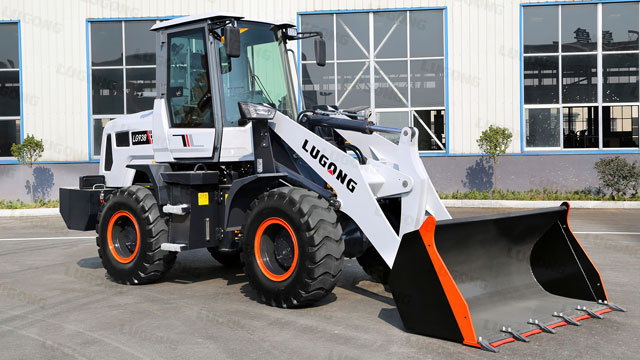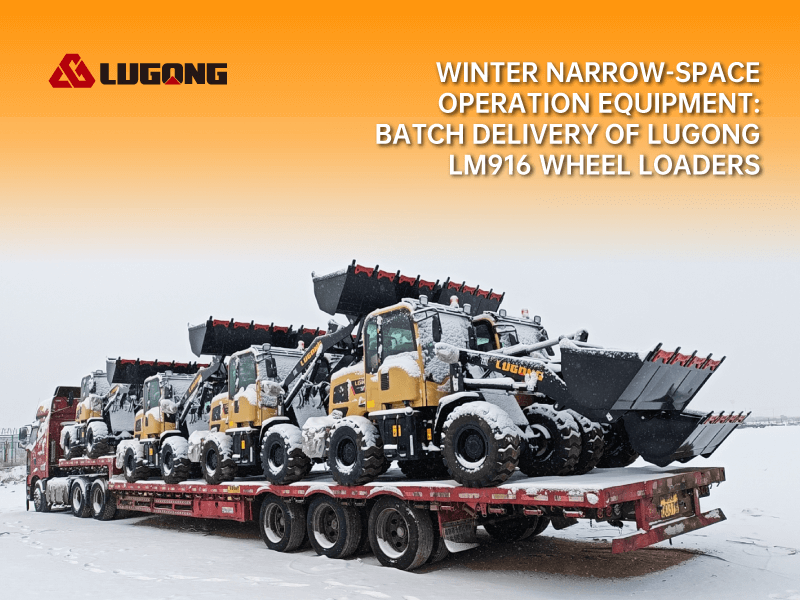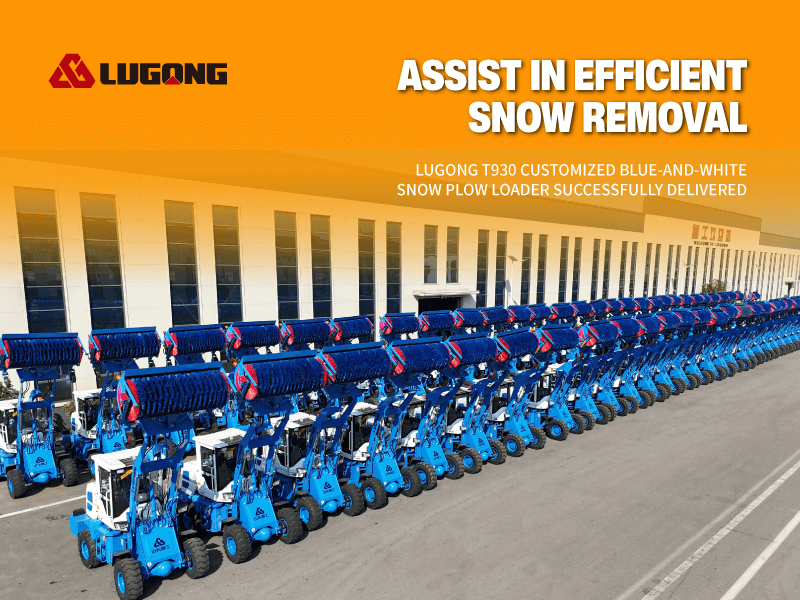The Ultimate Guide to Wheel Loader Maintenance and Service
Wheel loaders are essential heavy machinery used in construction, mining, and agricultural industries. Proper maintenance and service are crucial to ensure their optimal performance, longevity, and safety. This ultimate guide provides a comprehensive approach to wheel loader maintenance and service, highlighting key areas of focus and best practices.

1. Importance of Wheel Loader Maintenance:
Regular maintenance reduces downtime, increases efficiency, and extends the lifespan of wheel loaders. It also enhances safety and minimizes costly repairs. Neglecting maintenance can lead to breakdowns, decreased productivity, and potential accidents.
2. Creating a Maintenance Schedule:
Developing a maintenance schedule is crucial to stay organized and ensure that all necessary tasks are completed on time. The schedule should include routine inspections, lubrication, filter replacements, and component checks. Regularly reviewing and updating the schedule is essential for optimal performance.
3. Daily Inspections:
Performing daily inspections before operating the wheel loader is essential. It involves checking fluid levels, tire pressure, brakes, lights, and any visible signs of wear or damage. Any issues should be addressed immediately to prevent further damage.
4. Lubrication:
Proper lubrication is vital for the smooth operation of wheel loaders. Regularly greasing all moving parts, such as bearings, joints, and pivot points, reduces friction and prevents premature wear. Following the manufacturer’s recommendations for lubrication intervals and using high-quality lubricants is essential.
5. Filter Replacements:
Regularly replacing filters, such as air, fuel, and hydraulic filters, is crucial to maintain the efficiency of the wheel loader. Clogged filters can lead to reduced performance, increased fuel consumption, and potential damage to the engine or hydraulic system. Following the manufacturer’s guidelines for filter replacement is recommended.
6. Component Checks:
Inspecting and testing various components, including the engine, transmission, hydraulic system, and electrical system, is essential for identifying potential issues. Checking for leaks, unusual noises, loose connections, and worn-out parts allows for timely repairs and prevents major breakdowns.
7. Safety Considerations:
Maintaining wheel loader safety is of utmost importance. Regularly inspecting and maintaining safety features such as seat belts, lights, horns, backup alarms, and fire extinguishers is crucial. Additionally, providing proper operator training and following safety guidelines ensures the safety of both operators and bystanders.
Conclusion
Proper maintenance and service are essential for the optimal performance, longevity, and safety of wheel loaders. Following a comprehensive maintenance schedule, performing daily inspections, lubricating moving parts, replacing filters, and checking components are key practices. By prioritizing maintenance, operators can maximize efficiency, minimize downtime, and enhance safety in their operations.


